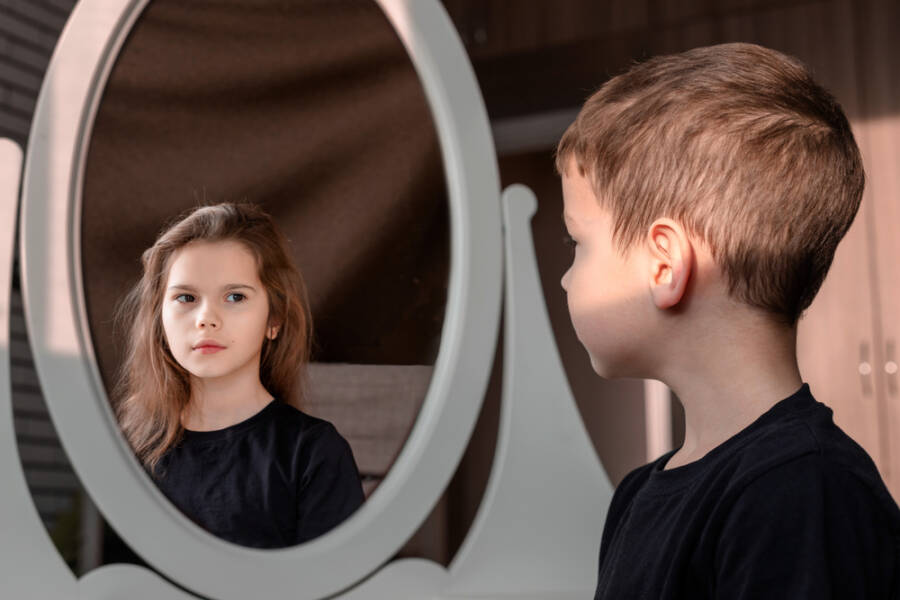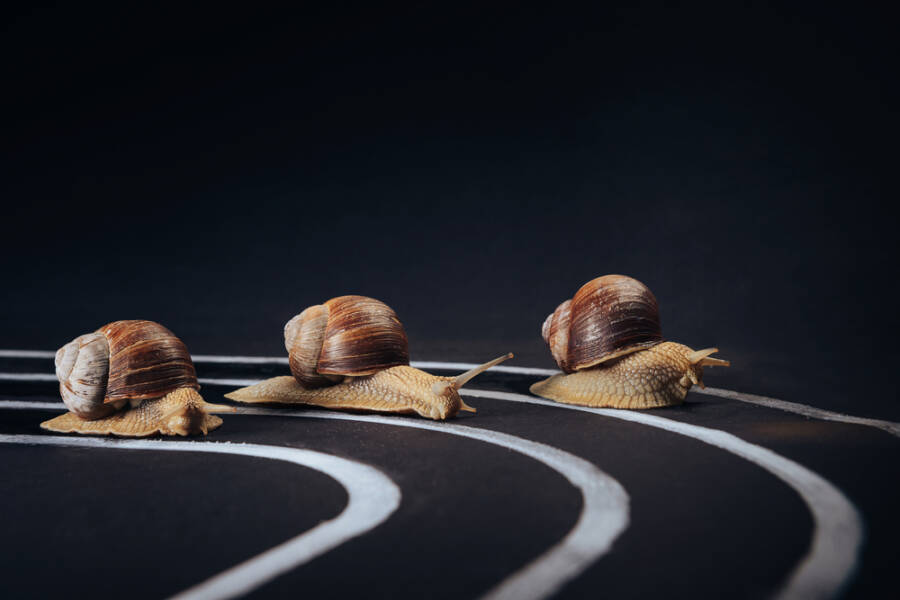Can your birth order REALLY predict your health?
Guess what, folks? After all these years, science has figured out that birth order stereotypes, like firstborn achievers or middle-child mediators, can profoundly impact how we perceive our personality. A surprising body of research shows that which order you were born in may also influence your overall well-being.
And scientists believe that birth order could have long-term effects even well into adulthood. Yet many people challenge this notion. So let’s not waste any more time.
Today, Science In The World wants to talk about 10 ways researchers say birth order can predict YOUR future.

Your birth order’s big reveal
After many years of studying the topic of birth order, researchers are now concluding that birth order might not influence your personality or future in the same way we’ve always believed. Much of the research done years ago on this matter doesn’t match up conclusively with today’s research results.
Modern scientific data conclusions on birth order prove that it’s less of an influence than the environment or parenting. It’s the rethinking of the old nature versus nurture reflection. Evidence says that firstborn children have some advantages over siblings simply because their parents give them more attention and time since other kids aren’t around.
But even with this, these intellectual advantages are probably small. That being said, social traditions still exist, such as the firstborn frequently inheriting the family money or taking over the family business. Scientists dub the birth order personality theory a “zombie theory.”
This is a thought or perception that continues to slip forward despite scientific data against it. The entire idea is so ingrained in our society’s thinking that it’s hard to leave it behind. So, what should we all believe?
If you studied the topic of birth order after 2015, you’ll see that scientists have started drifting away from the idea that birth order impacts a child’s life. Yet every study before 2015 supports the birth order theory. The agreement is that old birth order research should be taken with a grain of salt since it can’t be proven completely.
That being said, there’s still some research out there that points to the significance of birth order after 2015. Talk about confusing, right? Well, you be the judge. Continue reading to find out about 6 things scientists believe about birth order.
The history behind birth order
Back in the 1800s, a man named Alfred Adler pioneered the idea of birth order. His studies noted that a child’s birth position in the family affected their personality. Later research indicated that birth order affected career choice and intelligence and somewhat their success later as adults.
But birth spacing can also change the dynamic of birth order. If there’s a gap of five years or more between children, one can be treated as if they’re a firstborn or an only child in the family. If there’s a gap between children in a big family, each group is often treated as a separate birth order.
Scientists have also found that it’s crucial to consider a person’s family size as much as the order in which they were all born. For instance, a child born into a family of four has half a chance of being like a firstborn.
Of course, birth order isn’t as important as how a child is treated by parents and their siblings. Plus, other factors affect a child’s personality, too. This includes:
-Gender
-Physical attributes
-Birth spacing
-Being a twin
Firstborns: More intellect
Sorry, second siblings! According to a Norwegian study from 2007, firstborns have an IQ almost three points higher than the next eldest. Also, a Time magazine article on the subject states that this difference could be because of an intellectual boost that comes a younger child being mentored by an older one.
Three points may not sound like too much of a significance, but it can mean a 15-point difference in standardized test scores… or Harvard vs. a safety college, in some cases.

Firstborns: More predisposed to hypertension and diabetes
A recent study from New Zealand, which looked at weight, blood tests, and body composition of 85 healthy children between the ages of 4 and 11, uncovered that firstborn children had less sensitivity to the hormone insulin, which is a precursor to diabetes, and a bit higher blood pressure compared to children born after them.
Researchers believe that changes emerging in the mother’s uterus after her first pregnancy can affect subsequent siblings’ metabolic differences and nutrient flow. More evaluation is required, though, to learn how these findings can influence adult cases of chronic disease.
Another theory is that oldest siblings have a tendency to be more driven, says a psychiatrist on DoctorOz.com, which may increase their blood pressure and stress and possibly ultimately bring on cardiovascular disease.
Firstborns: More hay fever and food allergies
In a Japanese study of over 13,000 children between the ages of 7 and 15, the elder siblings were more likely to have food allergies and hay fever than their younger sisters and brothers, according to research presented in 2011 at a conference of the American Academy of Allergy, Asthma, and Immunology.
One possible explanation is that older kids are more protected from germs than their younger siblings, who are exposed to viruses the bigger children bring home from school.
Also, parents can become more lax about washing every pacifier they drop from the later-born offspring, which may ultimately strengthen their immune systems and fend off allergies.
Middle child: Happier marriages
According to an Israeli happiness survey, middle children are the happiest and most satisfied in their relationships.
Katrin Schumann, the co-author of The Secret Power of Middle Children, states that even though middle kids are more open-minded and adventurous about their intimate lives, they’re less likely than their siblings to cheat on their significant others when in committed relationships.
Youngest Child: Body weight
Your child’s birth order could have something to do with how thin they are. In China, scientists analyzed family structure and sibling size, finding it could affect obesity in children. But they had never checked to see if these things could impact how thin a child is.
So, they did a study in August 2020 to find out if there was a link between birth order, sibling number, the number of older or younger siblings, and being more thin as a child.
Results uncovered that as the number of siblings and birth order increased, a child tended to be more thin. In a household with two kids, the second child is more prone to be thinner than the older child.

Youngest Child: Addictive behavior
It turns out, that the thrill seekers of the family are the most vulnerable to addictive patterns, from lovemaking to drinking, according to scientists. Another source reported that youngest children go through puberty a few months earlier on average than their older brothers and sisters, which can boost risk-taking behavior.
Research shows that these precocious children also begin their intimate lives earlier than their older siblings, too, and are also more likely to smoke tobacco.
One study of Swedish adults discovered that later-born kids were more likely to pass away from respiratory-related cancers than their older siblings. The researchers suppose this might be because younger siblings start smoking at a younger age, which can increase a long-term habit.
For more on this matter, Amazon has an interesting read you can check out: The Birth Order Book: Why You Are the Way You Are
What are your thoughts on these findings? Be sure to let us know in the comments section below. And if you liked this article, you might want to also check out: Memory Study: Our Mind Can Help Us Learn New Things, According to Snails













